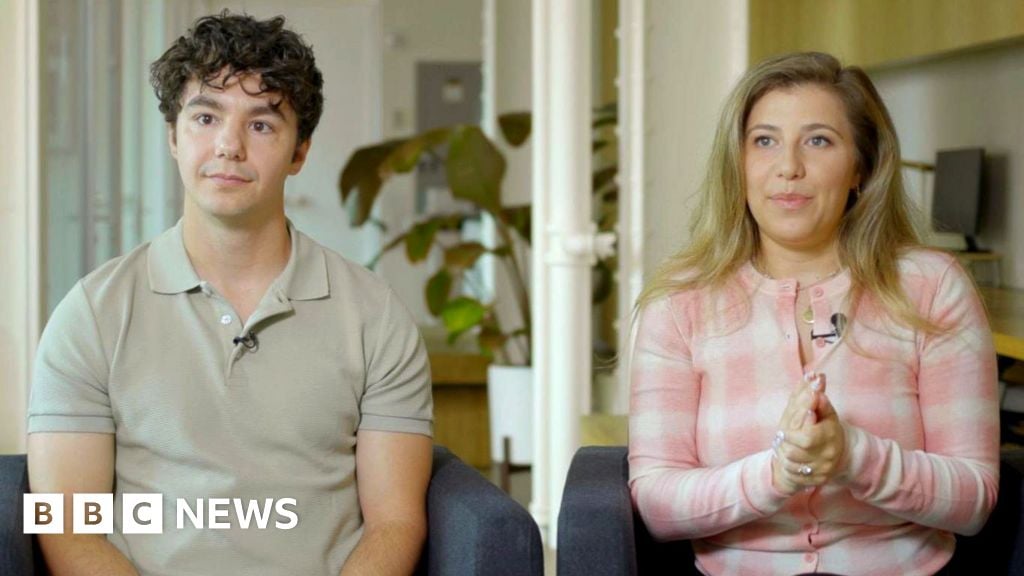- cross-posted to:
- technology
- [email protected]
- cross-posted to:
- technology
- [email protected]
In June 2023, Paul Skye Lehrman and his partner Linnea Sage were driving near their home in New York City, listening to a podcast about the ongoing strikes in Hollywood and how artificial intelligence (AI) could affect the industry.
The episode was of interest because the couple are voice-over performers and - like many other creatives - fear that human-sounding voice generators could soon be used to replace them.
This particular podcast had a unique hook – they interviewed an AI-powered chat bot, equipped with text-to-speech software, to ask how it thought the use of AI would affect jobs in Hollywood.
But, when it spoke, it sounded just like Mr Lehrman.
That night they spent hours online, searching for clues until they came across the site of text-to-speech platform Lovo. Once there, Ms Sage said she found a copy of her voice as well.
They have now filed a lawsuit against Lovo. The firm has not yet responded to that or the BBC’s requests for comment.



I don’t even understand how voice acting works in the intellectual property sense. How do you protect your work, or really even distinguish your work with today’s technology. You can’t use a trademark. I don’t see how it’s copyrightable. You can’t watermark it, and that probably wouldn’t help for an ai. I don’t even see how you can prove it’s yours in court.
Maybe I just don’t have a good ear for voices. I can recognize some but I could never prove that’s who it is or even suggest what would make it provable. And it seems like you could easily make trivial changes that would prevent a technical comparison.
Made a living doing VO for several years before AI ate most of the market. Basically you just work under contracts and hope for the best. If your client breaks contract maybe you can sue if you have the resources. I’ve sent a few C&D’s that successfully stopped some people from using my voice commercially after having paid me a non-profit rate. The majority of the time, the contract is enough to keep clients in line.